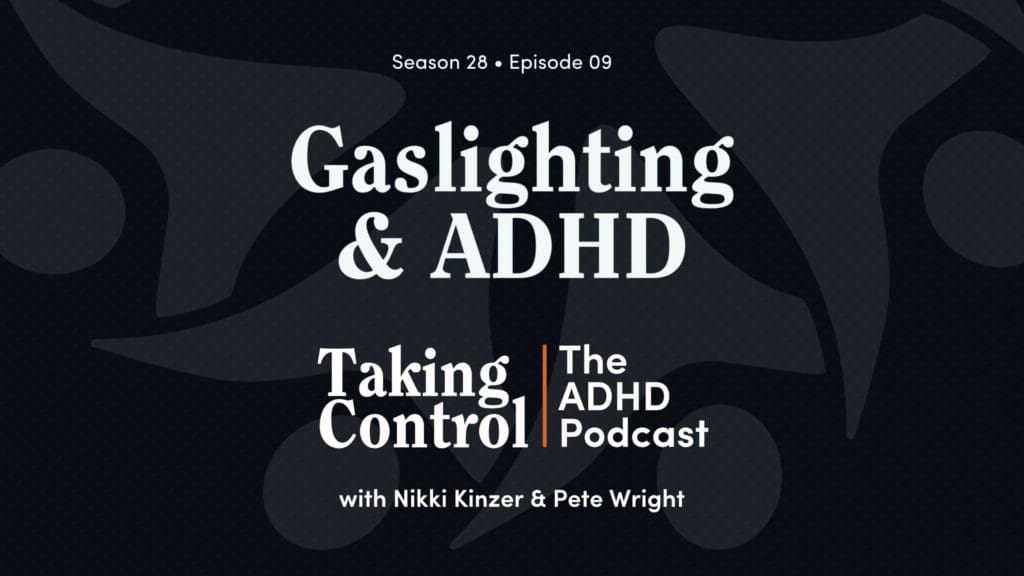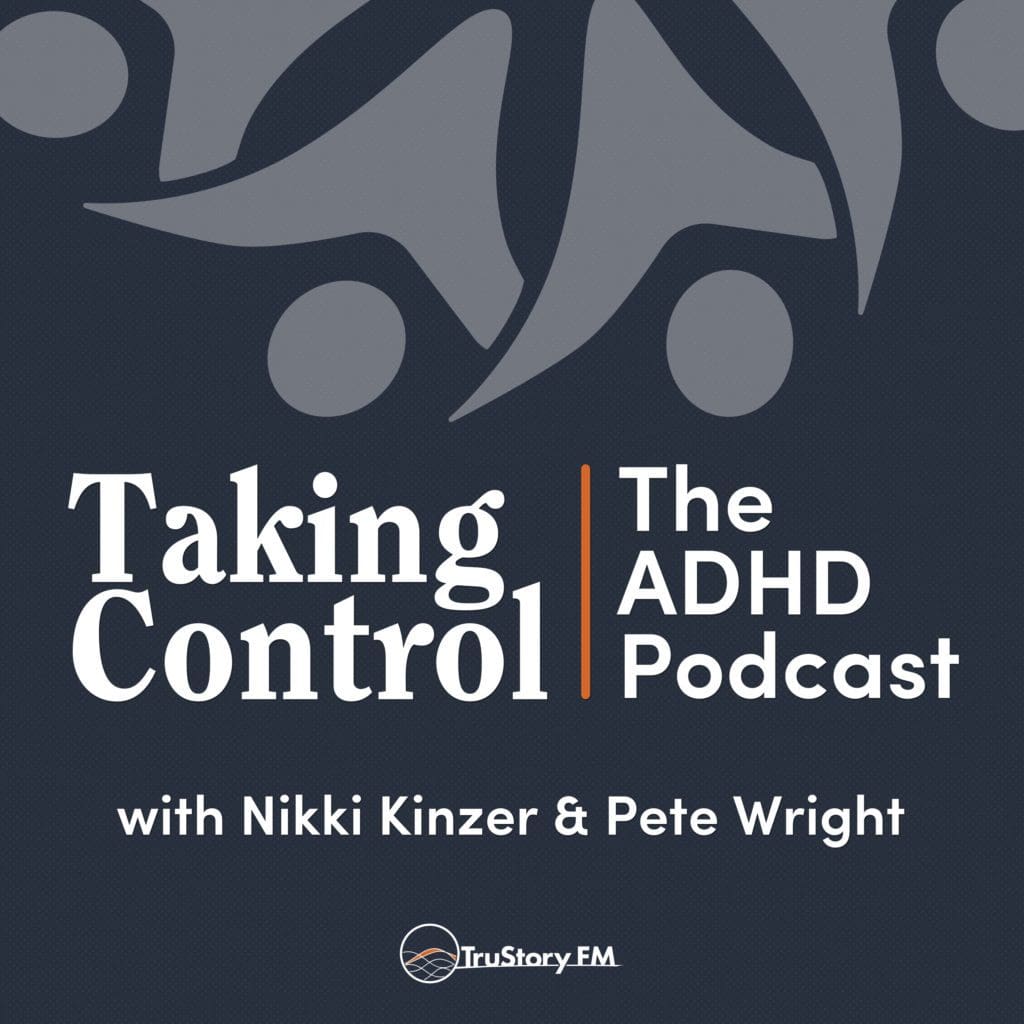The popular 1944 film Gaslight brought the insidious behavior known as “gaslighting” into the public consciousness. But what exactly is gaslighting, and what does it have to do with ADHD? We explore this in today’s episode of Taking Control: The ADHD Podcast.
Dr. Deborah Vinall, author of the book Gaslighting: A Step-By-Step Recovery Guide, describes gaslighting as a pattern of behavior where one person systematically undermines another, typically as a means of gaining control. It goes beyond an occasional contradiction to a consistent effort to erode the other’s confidence in their own perception of reality.
So, what does this have to do with ADHD? As it turns out, quite a lot. People with ADHD are more vulnerable to gaslighting attempts for several reasons. Their symptoms of inattention, disorganization, and impulsivity are often used by gaslighters as ammunition to undermine their confidence. Being manipulated into questioning one’s own memory and perception can then exacerbate ADHD symptoms like confusion, self-doubt, and struggles with focus and recall.
At the same time, some behaviors driven by ADHD, like forgetfulness, tardiness, and fidgeting, can be misconstrued by others as deliberate gaslighting rather than unintentional neurological symptoms. It’s important for others to understand ADHD is not an intentional or conscious effort to manipulate.
Many with ADHD have experienced the painful effects of gaslighting. They describe feeling trivialized when their real daily struggles are dismissed as “dramatic” or something “everyone deals with.” They feel overgeneralized and defeated when told they “never” follow through or “always” mess up, ignoring their successes. And they feel bewildered and betrayed when facts about their lives or promises made to them are denied outright by gaslighters insisting “that never happened.”
The good news is there are effective ways to maintain confidence and counter gaslighting with ADHD. Seeking external validation from professionals, friends, and family who understand the condition can provide reality checks when self-doubt creeps in. Setting boundaries and directly challenging false claims are also important strategies. Ultimately, it comes down to trusting your instincts, focusing on the future, and relying on facts over emotions when it comes to combating gaslighting with ADHD.








